
From Rubble to Powerhouse: How Germany Built One of the World's Strongest Economies After Losing Two World Wars
Few countries in modern history have experienced as much destruction — and achieved as much recovery — as Germany.
Get insights into economic indicators, policy changes, and macroeconomic trends that impact businesses, consumers, and financial markets worldwide.
10 articles in Economy

Few countries in modern history have experienced as much destruction — and achieved as much recovery — as Germany.

I was there — when songs turned into battle hymns, when foam gave way to fury, and when the streets whispered two names that would echo through time: Tralalelo Tralala and Asasino Capuchino.

What if money, the fuel of our economies, the foundation of every transaction, and the metric by which we measure success — was never real to begin with?

You don't need an economics degree to feel it.
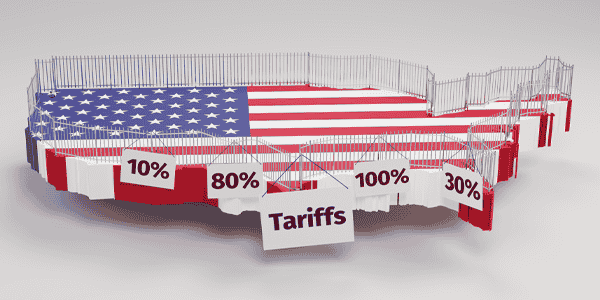
The United States lives on foreign investment—and foreign investors rely on U.S. markets. Yet a little‑noticed provision buried deep in the latest Republican budget, known as Section899, threatens that relationship.
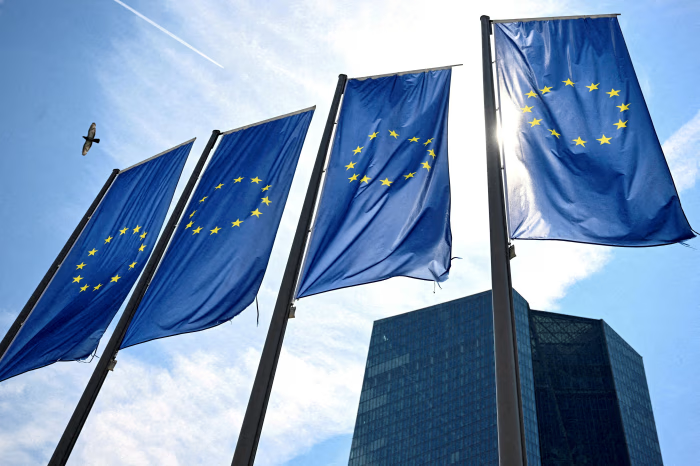
The European Central Bank trimmed its key policy rate to 2percent on Thursday—its eighth cut since June2024—as euro‑area inflation eased to 1.9percent in May, dipping below the ECB's 2percent goal for the first time since early autumn.
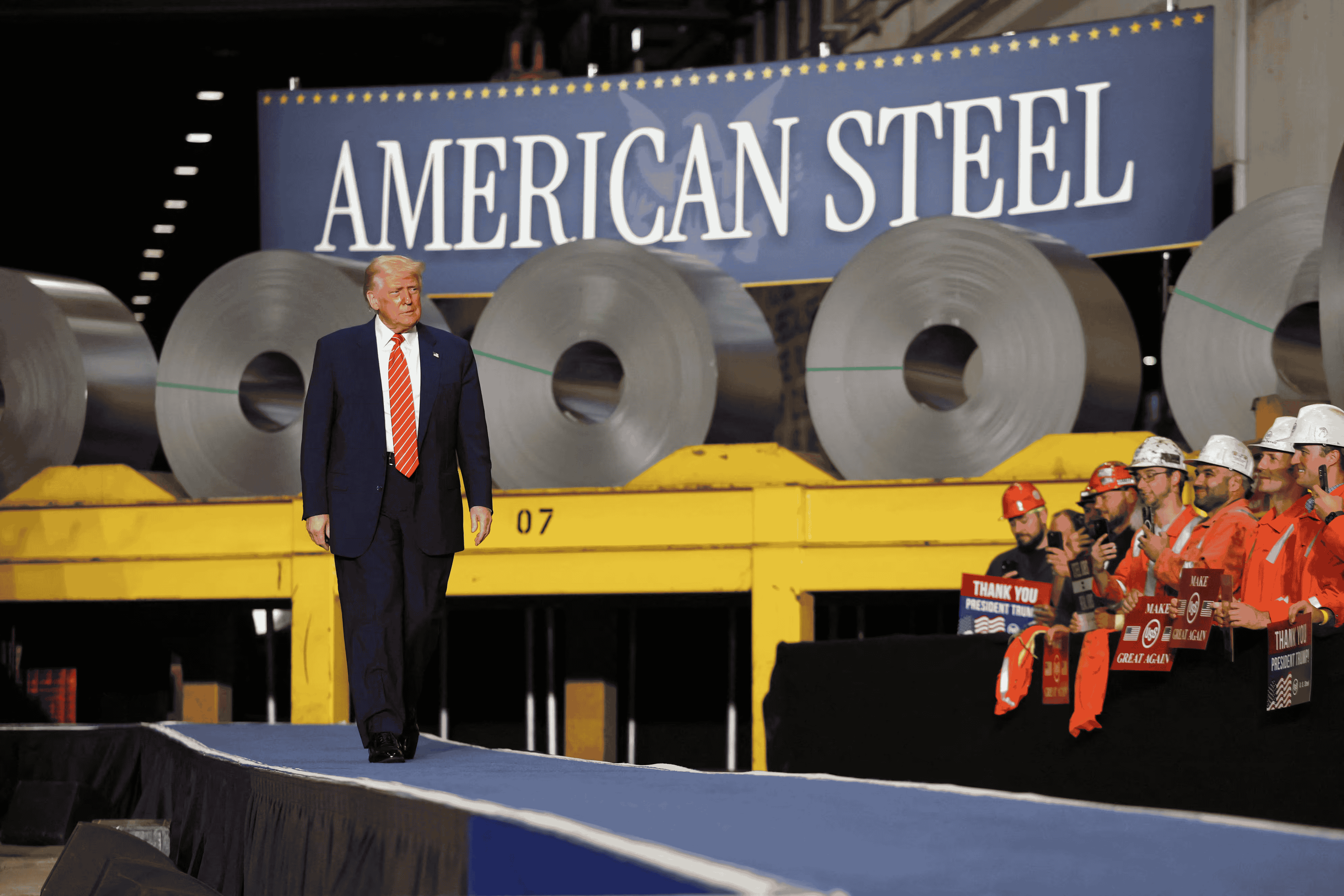
U.S. equities managed to close higher on Monday despite a new volley in the trade war. The Dow Jones Industrial Average added 35points, the S&P500 climbed 0.41percent, and the tech‑heavy Nasdaq Composite rose 0.67percent.
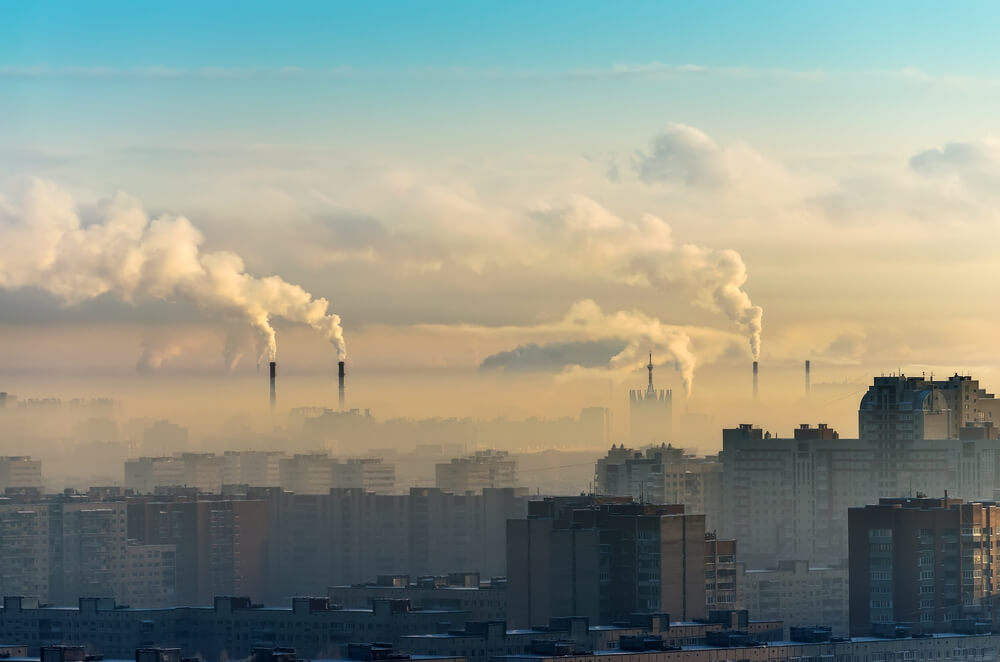
For years, electric vehicles have been hailed as the ultimate green solution. Quiet, zero tailpipe emissions, and ideal for cities battling smog — they're the poster children of environmental progress. But beneath the surface of this sleek narrative lies a truth that's gaining traction: EVs don't eliminate pollution — they relocate it.

Modern cities are often described as hubs of innovation, culture, and connectivity — yet for those moving on foot or by bike, urban life can feel like an obstacle course. Despite climate goals and sustainability pledges, many cities still prioritize cars over pedestrians, cyclists, and alternative transport.
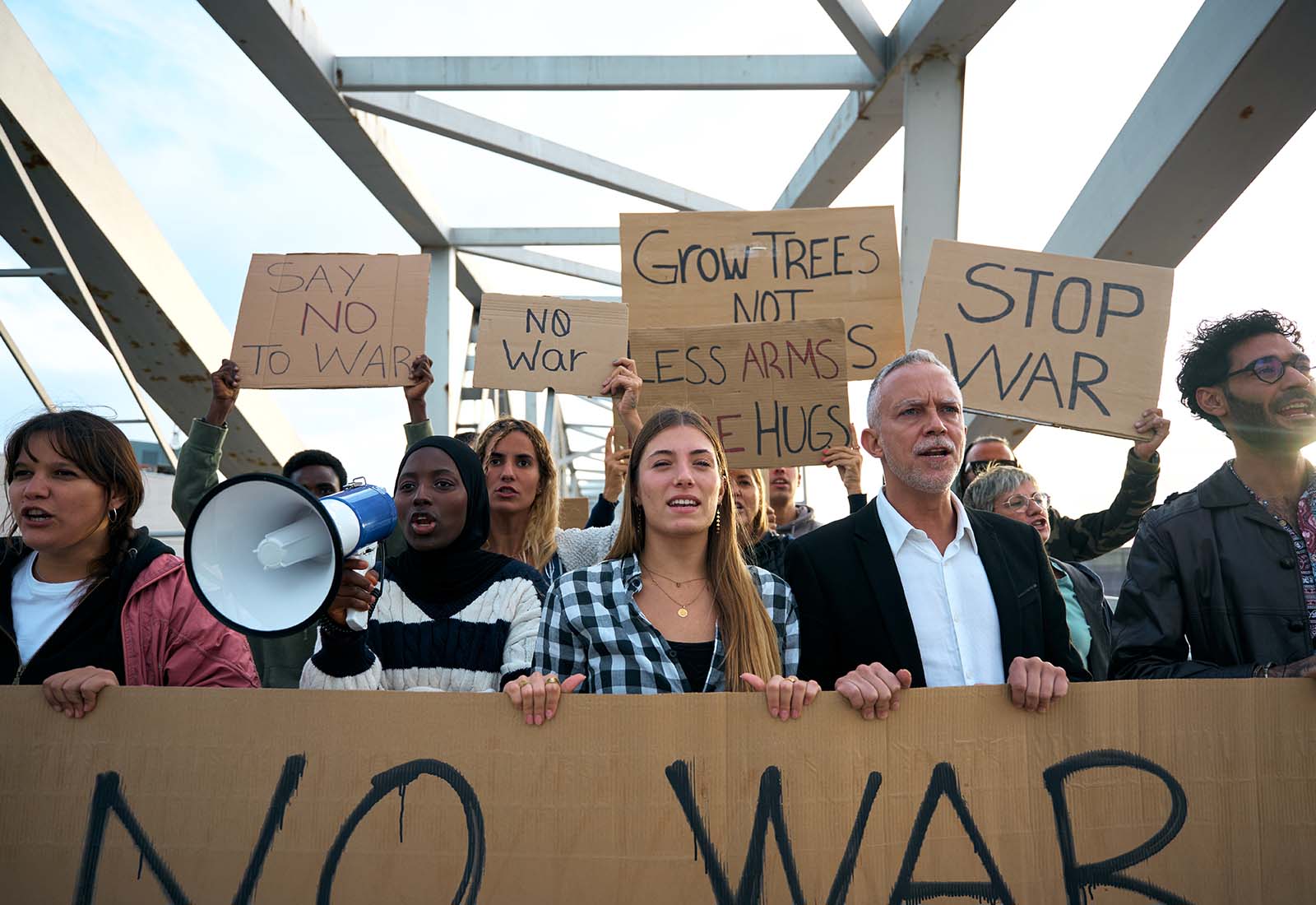
There was a time when businesses sold products, not ideologies. But in today's polarized climate, brands no longer stay silent. Whether it's public support for political movements, stances on social issues, or reactions to court rulings and elections, companies have started acting like political players — with real influence.